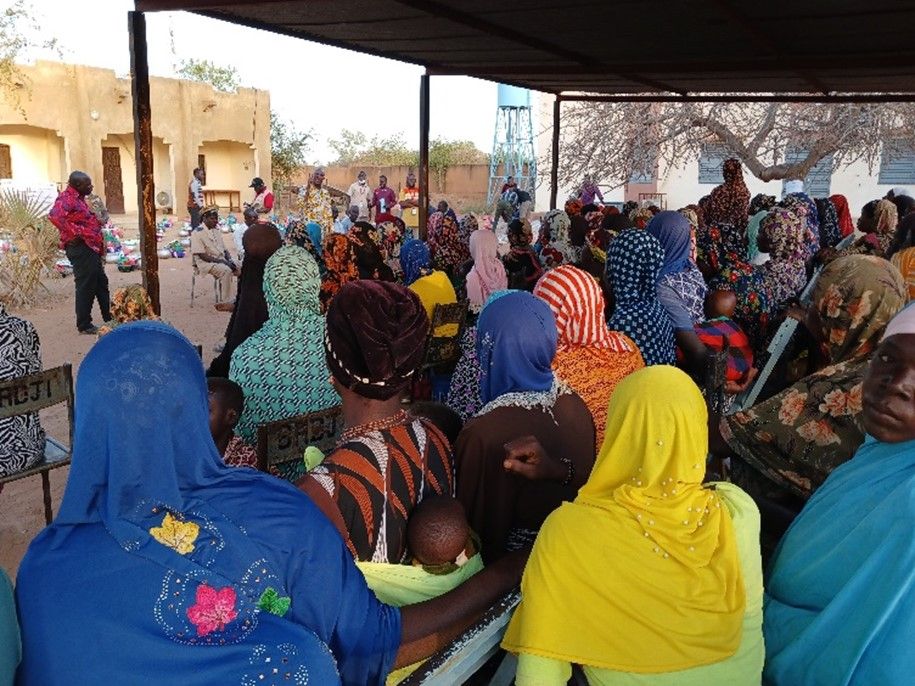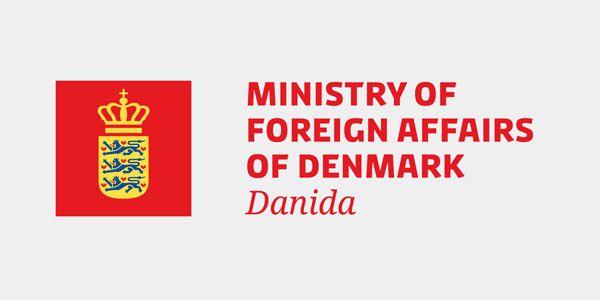The Issue
The humanitarian situation in Mali has continued to deteriorate since the start of the crisis in 2012, as the conflict leads to increased displacement and humanitarian needs across the country, affecting millions of people and causing severe loss of life, property, and environmental degradation.
Prolonged armed conflict, inter-community violence, recurrent climatic shocks and slow-onset events resulting from a steadily deteriorating climatic situation compromise local populations’ ability to access resources and generate sustainable livelihoods, leading to negative coping strategies and/or maladaptation. Climate-induced conflicts and crises in the central regions of Mopti and Bandiagara create a convergence of multidimensional hazards that multiply risks and increase vulnerabilities. This especially as early and anticipatory actions, including disaster preparedness, risk reduction, mitigation, and adaptation to climate change, are outstripped by increasing humanitarian needs and the scale of losses and damages suffered by local communities.
The Project
DCA has designed an integrated crisis prevention and response intervention to scale up existing food security and resilience-building initiatives implemented in central Mali to directly reach around 4,000 people in need.
Through community-led approaches, the project aims to provide immediate humanitarian assistance to the most vulnerable and food-insecure households in the cercles of Koro and Bankass; adapt to the effects of climate change; and support community-based “green” initiatives, encompassing early action and disaster preparedness, through collective cash transfers (CCTs), in line with key localisation priorities.
The Change
The activities of this project seek to improve communities’ living conditions by strengthening their resilience through pre-RRM assistance enabling them to deal with conflicts and climate change. Emergency pre-RRM assistance enables populations to stabilise their situation and be better equipped vis-à-vis food insecurity and climate change. Through community-led anticipatory action, preparedness and response, and capacity building and transfer to national partners on a Survivor and Community-Led response (SCLR) type responses, DCA aims to strengthen local communities’ overall resilience to multiple shocks.
Survivor and community-led response (SCLR)
Survivor and community-led response (SCLR) is a way of working which aims to support the capacities of crisis-affected people, who are identified as the first responders in crises. SCLR balances the relationship between locally-driven responses and external support which strengthens the sense of dignity and empowerment of communities.
The Results
Expected results include greater first response capacity of local communities following displacements; improved socio-environmental resilience and community leadership in developing “green” anticipatory actions; improved capacities of local actors vis tailored trainings and accompaniment on SCLR-type interventions.

Partner
This action is directly implemented by DCA’s staff but in close collaboration with local communities, community leaders, local authorities and decentralised state services. DCA works directly with local associations of “first responders” in host communities.
Thematic Relevance
DCA has been present in Mali since 2013, specifically in the Centre and North of the country. This project is implemented through a local approach to strengthen the capacity of civil society actor capacities and contribute to shifting towards a more localised response to humanitarian and development needs.
About the project
Full title: Strengthen local capacities to prevent, mitigate and respond to climate and human-induced crises through community-led responses (sclr)
Areas of intervention: Circles of Bankass and Koro (region of Bandiagara)
Period: September 2023 – December 2024
Amount: 5,600,000 DKK
Number of people reached: 4,320 people
Donor: DANIDA


